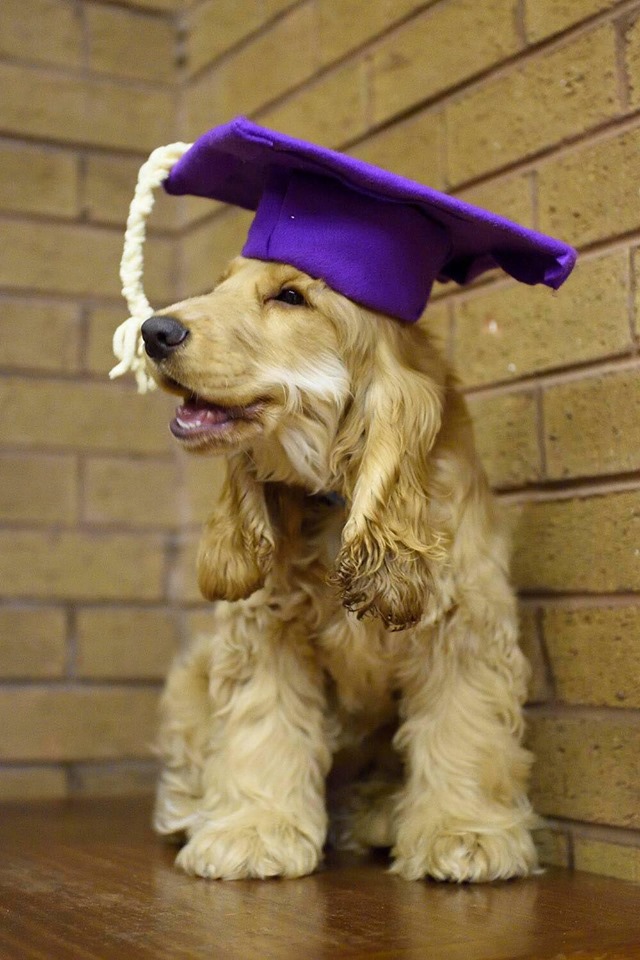Kindly Setting Boundaries!
- Teaching Tails

- May 7, 2023
- 3 min read
Updated: Aug 9, 2023
How to set boundaries without shouting or using force.

The most common type of question I get asked is "How can I stop my dog ...........?" Now I am sure you can think of a list of things to fill that gap. I also get asked, "When will they learn what no means?" I get it, adorable as they are they can push your buttons. Let's talk about the best way to set boundaries for your dog and how to start getting more of the behaviours you would prefer.
The first thing is first dog owners are reactive. We react like utter idiots to the things we don't like. Think about it if your dog walks into a room with their toy in their mouth you look adoringly at them, smile and do nothing while they entertain themselves. If they walk in with your fancy shoe in their mouth you jump up and start chasing them, repeatedly shouting DROP even though you haven't taught that yet. As frustration grows in the human this will more than likely end in shouting, yelling, and in some cases, there will be more physical repercussions for the dog.
Reacting this way and using punishment in training is unethical it only works to suppress the unwanted behaviour. Punishment doesn't address the underlining issue which when it comes to learning boundaries is the lack of teaching from their caregiver. As a dog trainer, cause that's what you are now, you need to stop being reactive and begin getting more proactive with your teachings.
Now nearly all of you have already used reward-based training to establish boundaries with your dog, think toilet training. You actively rewarded the behaviour you wanted to see more of, peeing and pooping outside. Puppy learnt the behaviour you stopped rewarding it, job is done! Look at crate training you taught your puppy an appropriate place to sleep or relax using rewards. You can apply this proactive method to most unwanted behaviours.
instead of saying NO teach them what you prefer they do instead.
Let's look at a few.
Counter Surfing. Ensure worktops are kept as clear as possible.
Use a PLACE/MAT in the kitchen where all rewards arrive. It won't be long till your dog learns it is better to hang out there than to surf the counter.
When your dog is not in the kitchen fool them by leaving some treats on the floor for them to find making the floor area more valuable than the worktops.
Jumping up. Heavily rewarding your dog for four paws on the floor.
Stop unintentionally rewarding their over-the-top greetings.
Create distance and reward your dog for calmer behaviours around strangers when out on the lead. FACT They can still like people without saying hello to everyone.
Destructive Chewing. Provide them with natural long-lasting tasty chews and a safe place to enjoy them.
Not allowed on the sofa. Show them where they are allowed and reinforce them for going there.
To begin with, you may need to use management ie leads, gates, pens, ensuring counters are clear etc. while you start teaching new desired behaviours. It is important to emphasise that teaching new behaviour takes consistency within the household and daily practice.
It is just natural for us to run around shouting "no" and "ah ah" at our puppies and dogs we do it with our human children, heck it was done to us. We get frustrated when they don't respond the way we want. Reward-based trainers are working hard to help our clients to see the world through the dog's eyes, not their own. Your dog is just doing the things that have got them a desirable outcome in the past. For example, each of us is guilty of petting the puppy that jumped up on us, teaching them that humans must like it. It is therefore unfair to punish them for behaviours that we have actively encouraged. They also have natural behaviours like chewing and digging but instead of shouting at them provide them with outlets for example natural chews, build them a sand pit and embrace their canine ways.
It is possible to teach boundaries using reward-based training methods, next time you are about to tell your dog "NO" ask yourself what you would like them to do instead and start teaching it. Please note that if any of your dogs' other needs like diet, physical or emotional well-being are and not being met you will struggle to teach your dogs anything as unwanted behaviours may be a result of unfulfilled needs. A hungry dog will struggle not to steal food, a dog that lacks exercise or mental stimulation may appear unruly and a dog suffering from anxiety may be destructive and house soil.
This advice cannot replace a consultation with a qualified trainer or canine behaviourist so if you are struggling with your dog don't hesitate to get in touch.



Comments